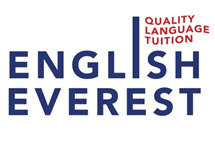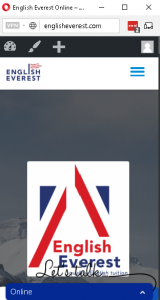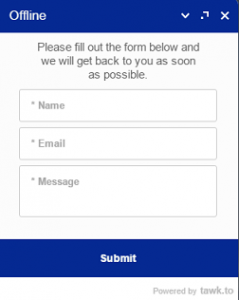Listening in Ielts is not about listening for, and understanding every word you hear. Even native speakers cannot do this, so you cannot be expected to do this either. When we listen we ‘filter’ the main bits of information and try to retain them. This way we ‘put together’ the picture/understanding of what the person is trying to communicate to us.
For example, when we listen, the grammar is what holds the information together, but we do not try to retain the grammatical information, prepositions, plural or singular, etc..,
These help in the understanding of the information but are used to support the ‘important information
These are things such as ‘dates, names, times, data, numbers, actions, places, quotes, and other similar information.
When listening to a dialogue, monologue, or discussion in the exam, you should be listening for specific information, as the questions you have to answer are based on the ‘key words you hear. This is the structure of the exam.
Example. (This is the transcript of part of a monologue).
If your lecturers are unavailable, you can always come and see me in my office. I’m available on Wednesday and Thursday mornings and on Friday afternoons Outside these hours, perhaps you could ring the secretary and make an appointment. Now you’ll note that all of the subjects which you undertake in the first year are composed of lectures and tutorials. A lecture is about an hour long and a tutorial usually runs for about two hours. A lecture is rather like what I am doing now where one person will talk to all of you together on a subject. We do ask you to try to attend the lectures.
Below is a typical question that would usually accompany this audio.
Questions 37-41
Circle the appropriate letter.
37. The speaker says students can visit her (=available)
A every morning.
B some mornings. After listening for ‘available’ we listen for times of the day.
C mornings only.
D Friday morning.
We only need to listen for keywords. The other words will allow you to understand the context, but the keywords are the most important. So we will listen for ‘available’ and then time definitions (could be days/time of day/ morning/afternoons/evenings/dates…etc..,)
This is a brief guideline. Listen to conversations and pick out the words which you think may be used to form questions.



